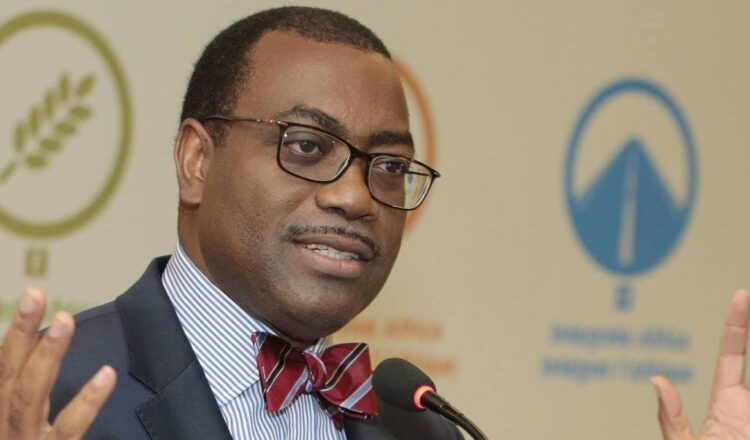The African Development Bank (AfDB) has pledged a substantial $25 billion towards Africa’s Climate Fund over the next 27 years. This pivotal announcement was made by the President of the AfDB, Akinwunmi Adesina, during the African Climate Summit in Kenya on Tuesday, September 5.
The primary objective of this substantial financial commitment is to accelerate the transition to greener energy sources across the continent. President Adesina emphasized the urgency of climate adaptation actions at the national level and highlighted the AfDB’s commitment to providing substantial climate finance by 2025.
Adesina articulated the AfDB’s vision, stating, “We cannot power Africa with potential. We must truly unlock Africa’s renewable energy potential. That is why the African Development Bank is implementing $20 billion to harness the power of solar and deliver electricity to 250 million people.” This ambitious initiative aims to electrify homes, schools, hospitals, and ensure the availability of stable, affordable, and reliable power.
Furthermore, the AfDB recognizes the importance of a pragmatic approach to energy generation in Africa. While renewable energy sources are a priority, President Adesina stressed the significance of harnessing Africa’s abundant natural gas reserves and combining them with renewable energy to ensure a well-rounded energy mix.
The African Climate Summit has set its sights on achieving three critical climate finance targets: enhancing financing mechanisms, directing funds more precisely, and facilitating cheaper yet higher-risk appetite financing. These measures are imperative in addressing the growing concerns surrounding climate change, which poses substantial risks to both the global and African communities.
Over the past decade, Africa has grappled with severe climate-related challenges, including drought, desertification, and an increasing frequency of cyclones, leading to displacement, migration, and food crises. The impact of these challenges has not only disrupted lives but also inflicted significant economic losses.
- Tags: AfDB, Akinwunmi Adeshina, Climate change





